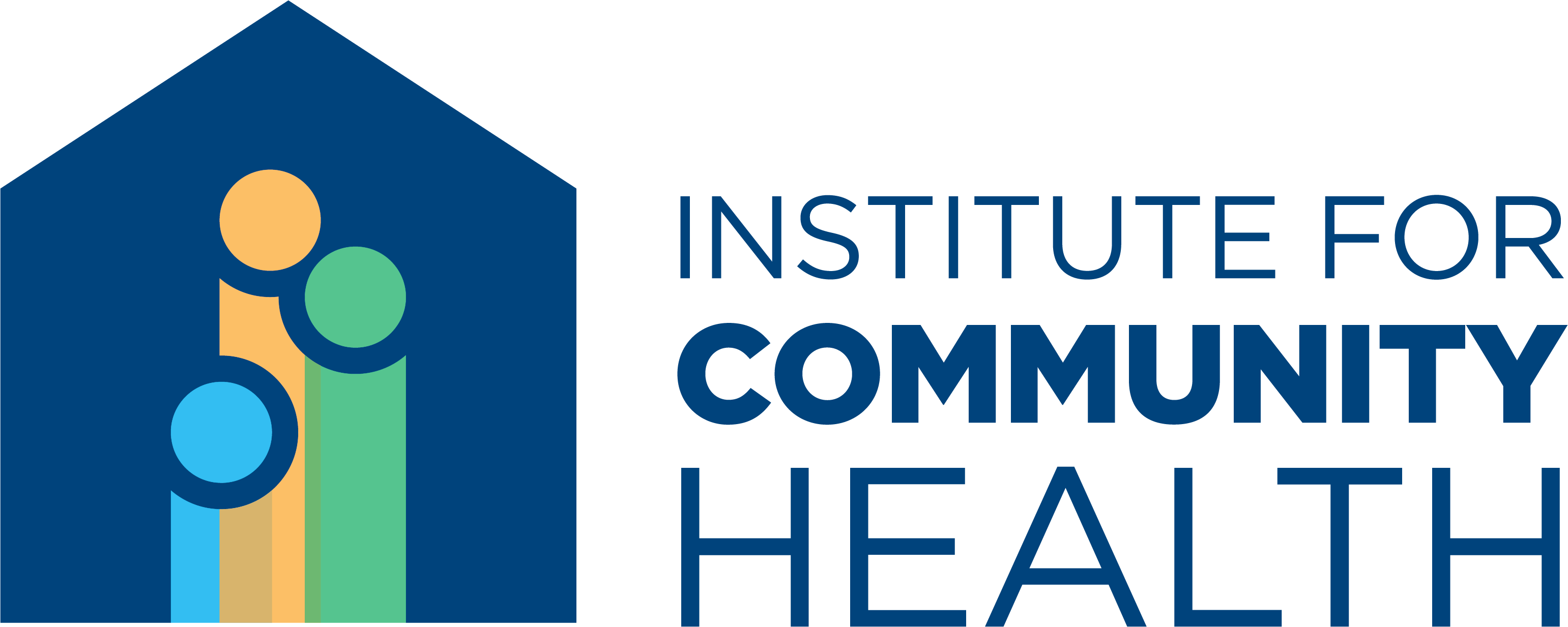
The Art Museum-Based Health Professions Education Fellowship
The first known art museum-based health professions education fellowship recently graduated a pilot cohort of 12 international and interdisciplinary fellows. The fellowship program emerged along with growing national and international recognition of the importance and power of integrating the arts and humanities in health professions education. The fellowship ran from January-May 2019, and included two in-person immersive learning experiences at the Museum of Fine Arts, Boston, as well as many virtual learning opportunities. Each fellow developed an art museum-based educational project to be implemented and evaluated at their home institution. The fellowship was funded through a combination of participant tuition, as well as modest financial and/or in-kind support from the Cambridge Health Alliance Center for Professional and Academic Development, the Harvard Macy Institute, the Harvard Medical School Arts and Humanities Initiative, the Museum of Fine Arts, Boston, and the Isabella Stewart Gardner Museum. More information about the Fellowship can be found at the Harvard Macy Institute.
The Institute for Community Health (ICH) was engaged by the Cambridge Health Alliance to do a formative evaluation of the fellowship design year. The evaluation included the following activities and was designed to yield useful information that will inform future program cycles:
Iterative logic modeling
Recommendations for future evaluation
Focus group discussions
Analysis of surveys and final written reflection
Evaluation technical assistance
The Sandra & Arnold Gold Humanism Research Fund is supplementing the formative evaluation described above with the following:
Qualitative analysis of online discussions: Throughout the fellowship program, fellows and faculty used the online course management platform Canvas to capture reflections and engage in virtual discussions. There is a large volume of rich qualitative data on Canvas that provides information about insights, transformations, and impacts experienced by fellows during the course of the program. Using the logic model as a framework, ICH is conductingan in-depth thematic analysis of Canvas discussions. This will complement the focus group and survey data and will enable a more robust understanding of the impact of the program.
Analysis of Twitter communications: Under the hashtag #HMImuseum, fellows and others ‘tweeted’ about the course, museum-based health professions education, and shared photos and links to articles and other resources. Many of these communications were re-tweeted multiple times and constituted a source of interactive learning for the wider health professions education community. ICH will review Twitter analytic tools and assess options for incorporating Twitter data into the evaluation. If a feasible option is identified, ICH will analyze the outward-facing Twitter data to provide a more comprehensive understanding of the impact of the program.
Preparation of a manuscript for academic publication: With input and oversight from fellowship faculty, ICH will prepare a manuscript about the fellowship, incorporating the final program logic model and information drawn from surveys, Canvas discussions, and focus groups. ICH estimates that the first submission will be completed by April 1, 2020.
